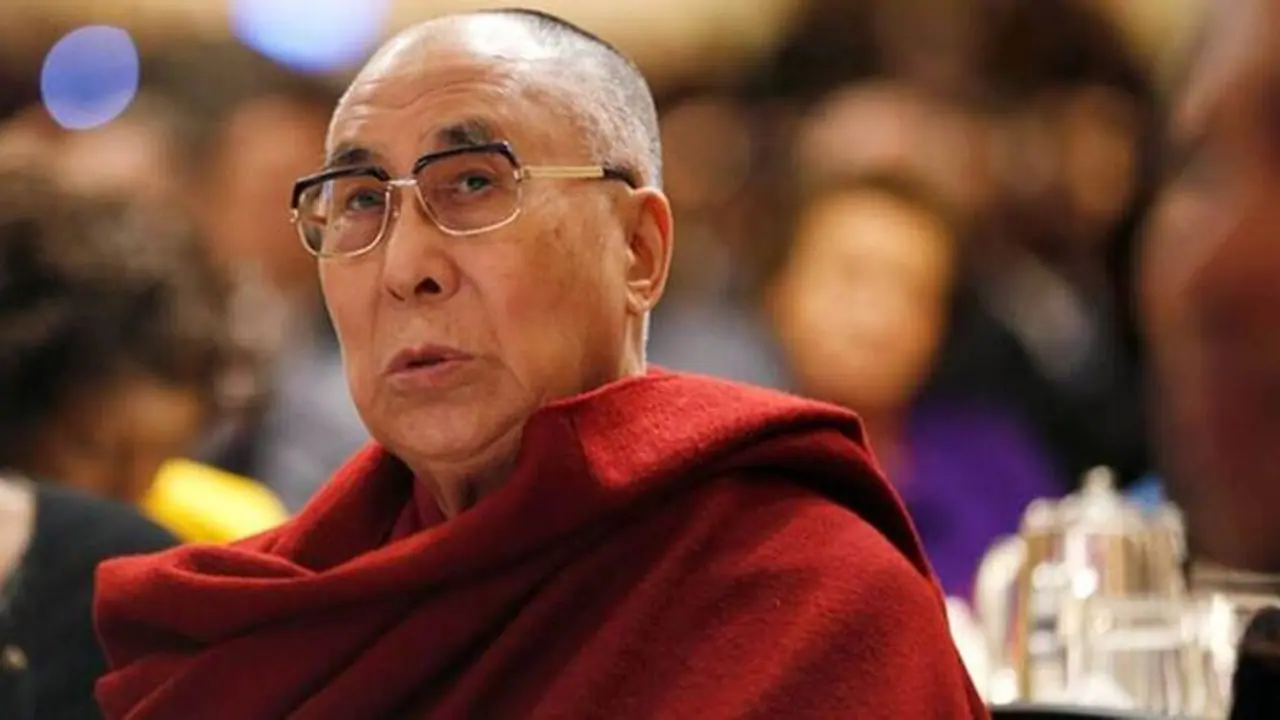The leader stated that he has known Communist Party officials since Mao Zedong and believes their beliefs are sound. He noted that they sometimes exercise strict, tight control and that he expected things to change in China under a new generation of leaders.
Tibet's spiritual leader, the Dalai Lama, criticized Chinese officials, saying they "don't grasp the multiplicity of diverse cultures" and that the majority Han ethnic group has too much power. But he also stated that he had no animosity against "Chinese brothers and sisters" as fellow people and that he largely accepted the concepts of Communism and Marxism. The 86-year-old Dalai Lama responded on whether the world community should consider boycotting the Beijing Winter Olympics due to the suppression of minorities, notably those in the western province of Xinjiang, at an online news conference hosted in Tokyo.

The leader stated that he has known Communist Party officials since Mao Zedong and believes their beliefs are sound. He noted that they sometimes exercise strict, tight control and that he expected things to change in China under a new generation of leaders. Speaking about Tibet and Xinjiang, he stated that they each have their own distinct culture. The more narrow-minded Chinese Communist authorities do not grasp the diversity of diverse civilizations.
Also Read | China has no right to appoint Dalai Lama; India should give him Bharat Ratna: Tawang Monastery head
Noting that China was made up of ethnic Han people and other tribes, he said that the Han had too much power in actuality. The Dalai Lama said he largely favoured Communism and Marxism, chuckling as he recalled an incident about how he once considered joining the Communist Party but was discouraged by a friend. When asked about Taiwan, the site of heightened military tension in the area, he stated that the island was the genuine repository of China's traditional culture and customs because the mainland was now "too political."
Though Dalai Lama said that he has no intentions to meet China's leader, Xi Jinping, he has remarked that he would like to return to see old acquaintances as he ages. He went on to say that despite recent Muslim protests, he opted to stay in India peacefully and dubbed it a centre of religious unity.
Also Read | China lashes out at Antony Blinken’s meeting with Dalai Lama aide in New Delhi
China took control of Tibet after sending soldiers into the region in a "peaceful liberation" in 1950. Tibet has subsequently become one of the country's most restricted and sensitive zones. The Dalai Lama, who fled to India in 1959 following a failed rebellion against Chinese control, is seen by Beijing as a dangerous "splittist" or separatist. For decades, he has struggled to garner worldwide support for linguistic and cultural autonomy in his isolated, mountainous country.
